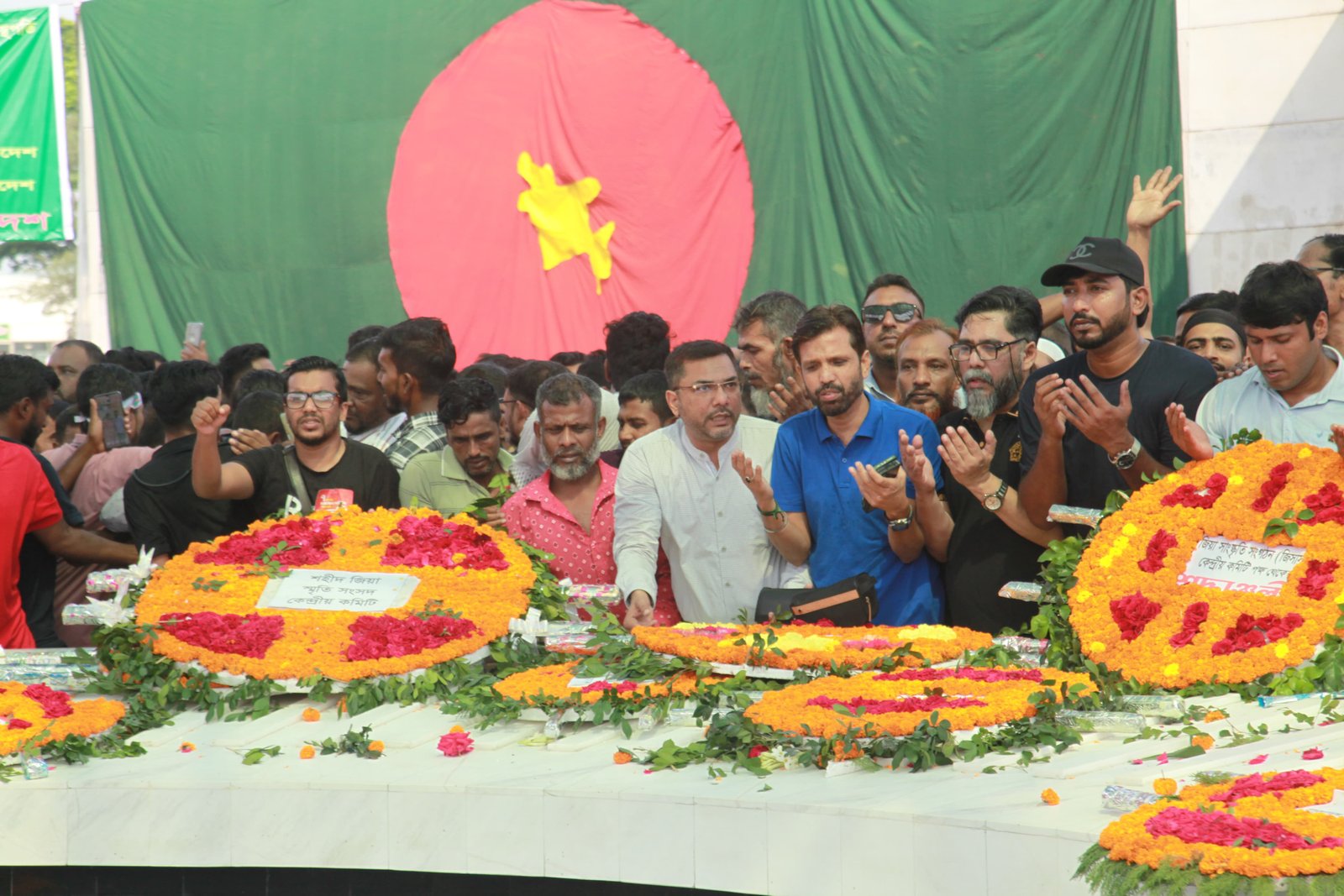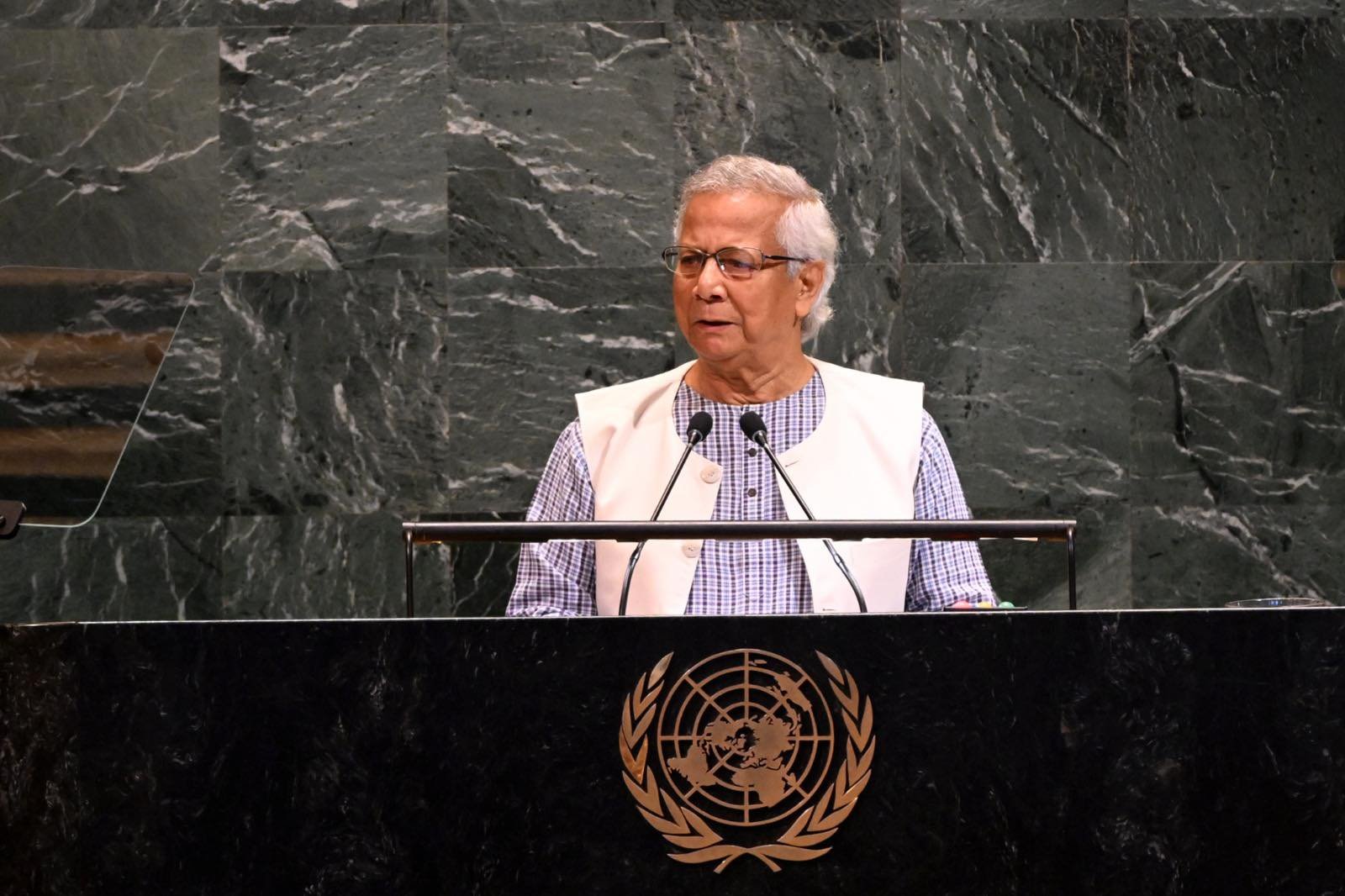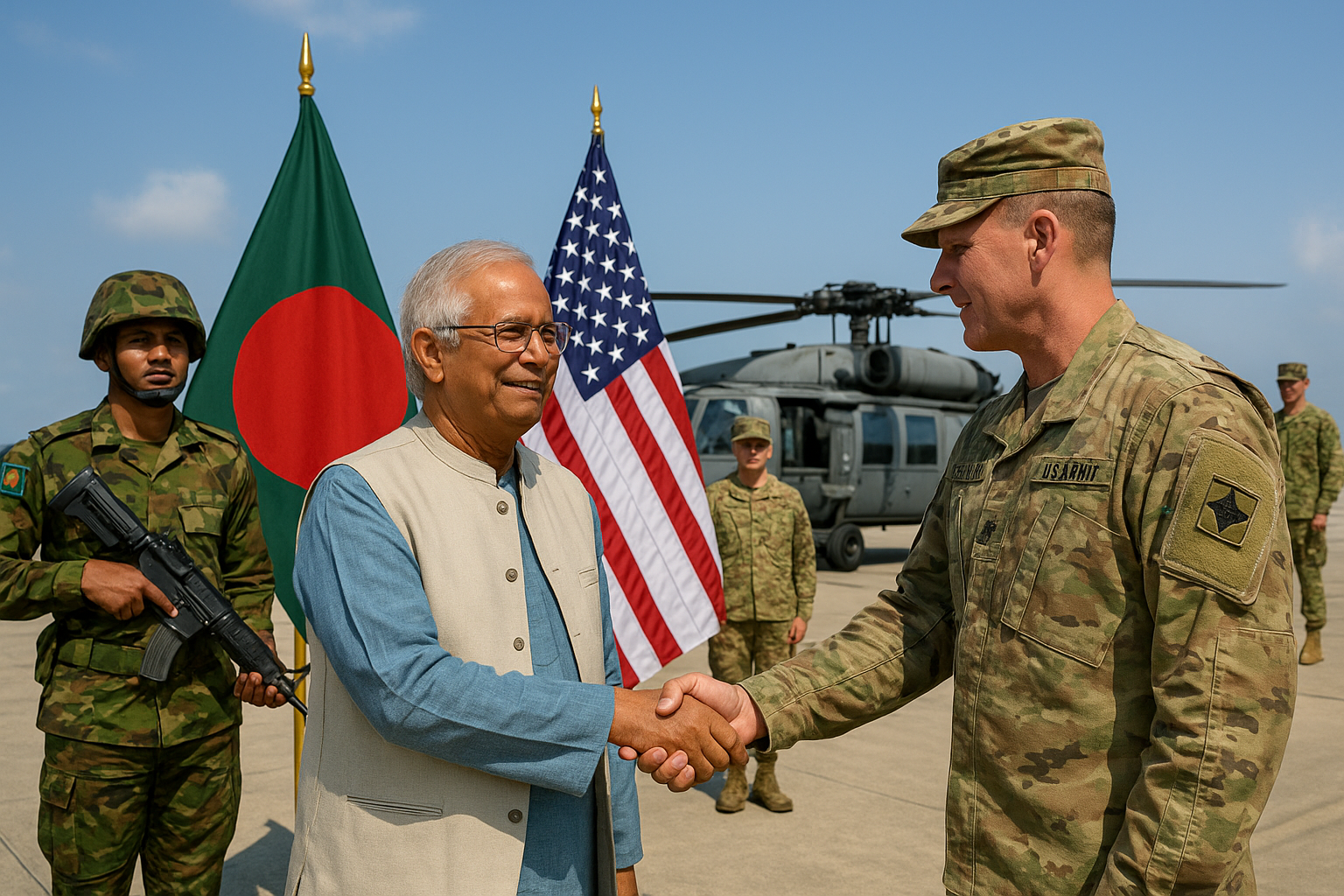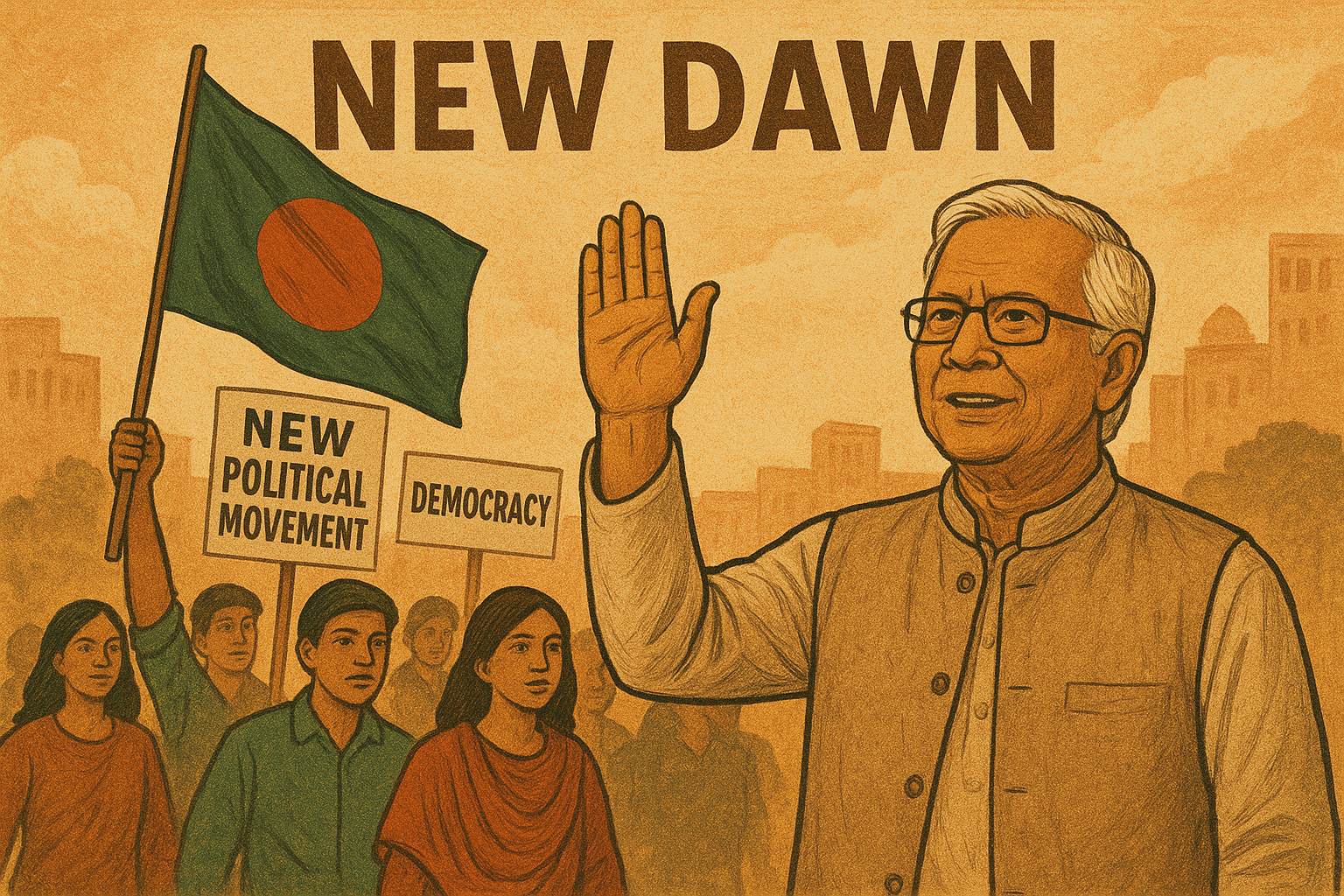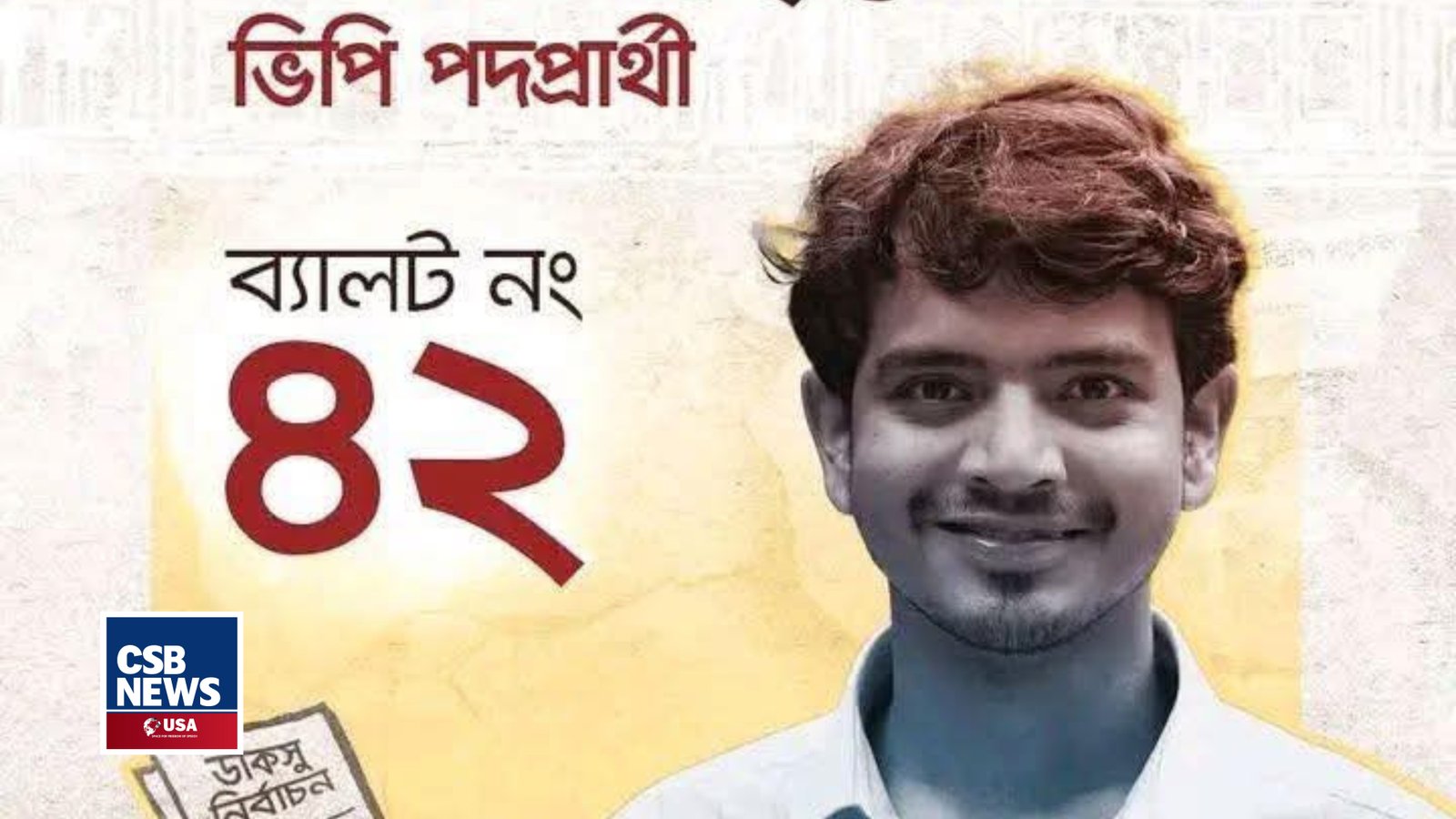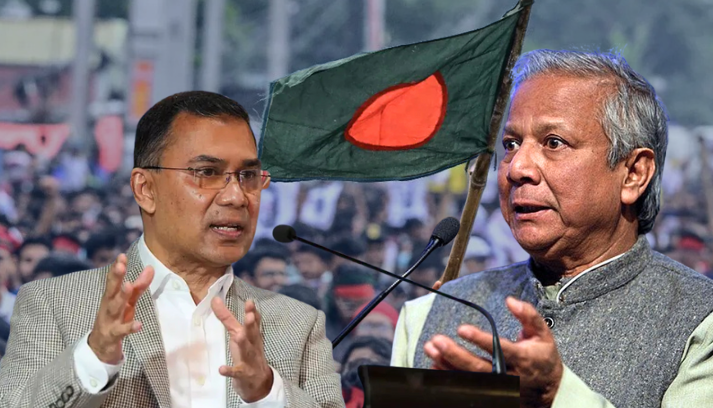BNP Faces Internal Challenges Amid National Revolution and Solidarity Day Observances
Bangladesh Nationalist Party (BNP) marked National Revolution and Solidarity Day on November 7 with events across the country. Prominent Bangladeshi newspaper Prothom Alo reported the day’s significance but also highlighted internal challenges and controversies involving BNP leaders.
BNP Faces Internal Challenges Amid National Revolution and Solidarity Day Observances
Allegations of Extortion in Naogaon
One report from Prothom Alo’s Naogaon correspondent focused on an audio clip that surfaced on social media. The clip allegedly captures Belal Hossain (Soukhin), BNP’s Deputy Youth Secretary in Badalgachhi Upazila, demanding a bribe from a local Awami League leader. In the audio, Belal reportedly asks for BDT 1 lakh to have his name removed from a criminal charges list. This incident has raised serious concerns about corruption within the party.
Assault on Hospital Superintendent in Jessore
On the same day, Prothom Alo reported from Jessore about an alleged attack on Harun-ur-Rashid, Superintendent of Jessore General Hospital. The attack was allegedly led by BNP district member AK Sharafuddaula after the hospital failed to grant them control over a BDT 50 million medical supply contract. The incident occurred last Thursday in the superintendent's office, sparking outrage in the local medical community.
Growing Discipline Issues in the Party
Earlier, on October 12, Prothom Alo highlighted that BNP had taken disciplinary action against 1,023 leaders within a two-month period for offenses such as disobedience, extortion, and internal violence. However, recent incidents suggest that such problems persist, signaling deeper structural issues within the party.
Leadership’s Response to Grassroots Turmoil
While BNP’s central leadership has repeatedly claimed that such events are isolated, the sheer volume of incidents indicates systemic issues. Leaders argue that the rush toward the upcoming election is partly driving this behavior. Many grassroots leaders and activists are vying to strengthen their positions within the party, which has led to increased competition and internal strife.
The Political Context and Election Strategy
BNP is under pressure to demonstrate its political relevance and capitalize on growing public discontent with the ruling Awami League. The party aims to leverage its long history of resistance against political suppression, which many believe peaked during the Awami League’s 15-year rule.
BNP leaders are pushing for early elections, citing their advantage in public sentiment, which they believe still carries memories of past suppression. They are also wary of potential attempts to form a "King’s Party" similar to efforts post-1/11 to diminish the influence of the two major political parties.
Tensions Between BNP and Student Leaders
The recent student uprising has further complicated BNP’s position. While both groups aim to end autocratic governance, disagreements over tactics and goals persist. Student leaders claim credit for forcing the resignation of President Md. Sahabuddin, while BNP maintains that their prolonged political movement set the stage for the uprising.
Diverging Views on Constitutional Reforms
A significant debate centers on constitutional reforms. Student leaders advocate for a complete overhaul of the system, while BNP prefers limited legal changes to ensure free and fair elections under an interim government. BNP’s leaders argue that broader reforms should be left to the next elected government to avoid a constitutional crisis.
Internal Conflicts and Future Uncertainty
BNP’s internal challenges extend beyond grassroots conflicts. Former ally Jamaat-e-Islami has begun to distance itself from BNP, openly criticizing its governance approach. This shift in alliances could affect BNP’s strategy, as Jamaat eyes new coalitions, including other Islamist parties, to strengthen its influence.
Conclusion
As BNP grapples with internal and external challenges, its leadership faces a critical test. The party must balance election preparation, manage internal discipline, and navigate complex alliances. Whether BNP can effectively address these challenges and maintain its position as a leading opposition force will significantly impact the country’s political landscape.


